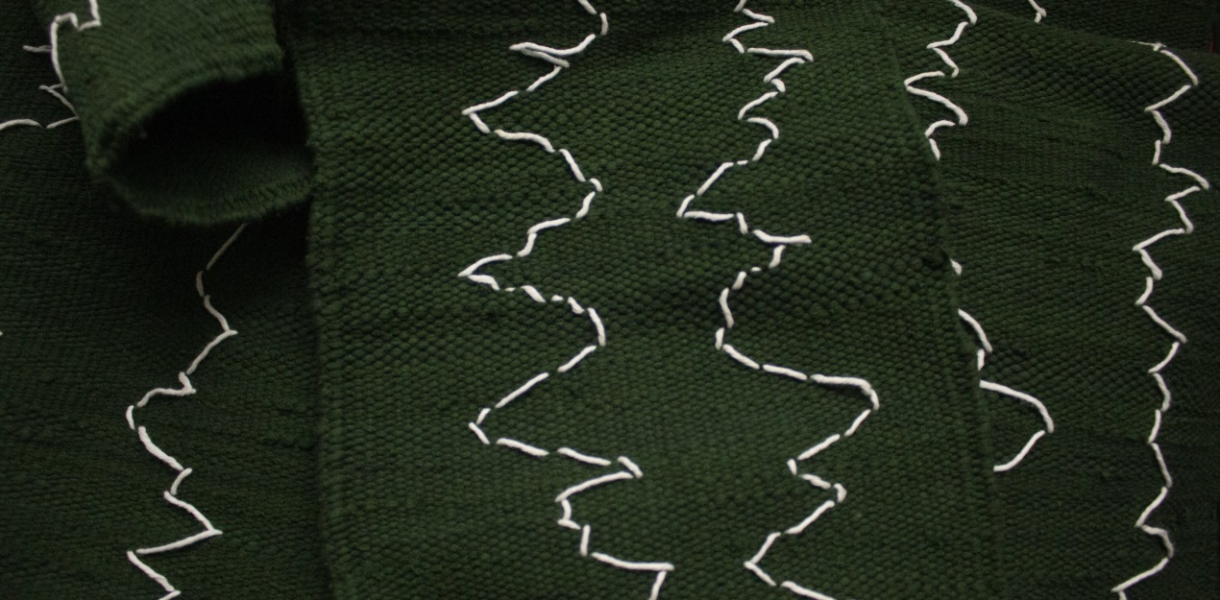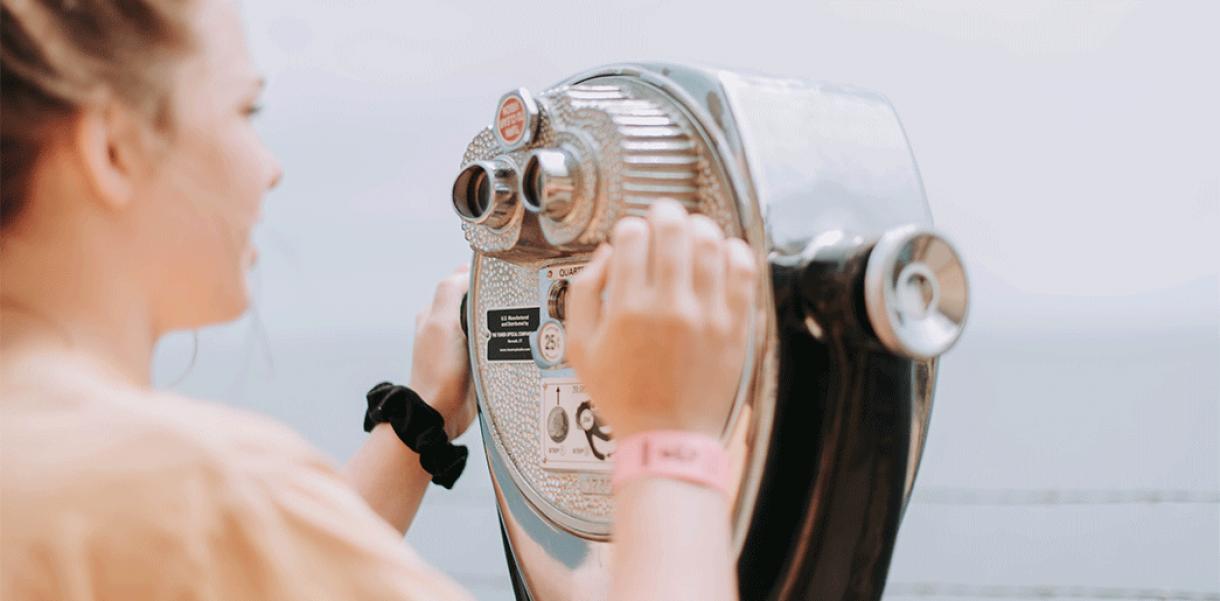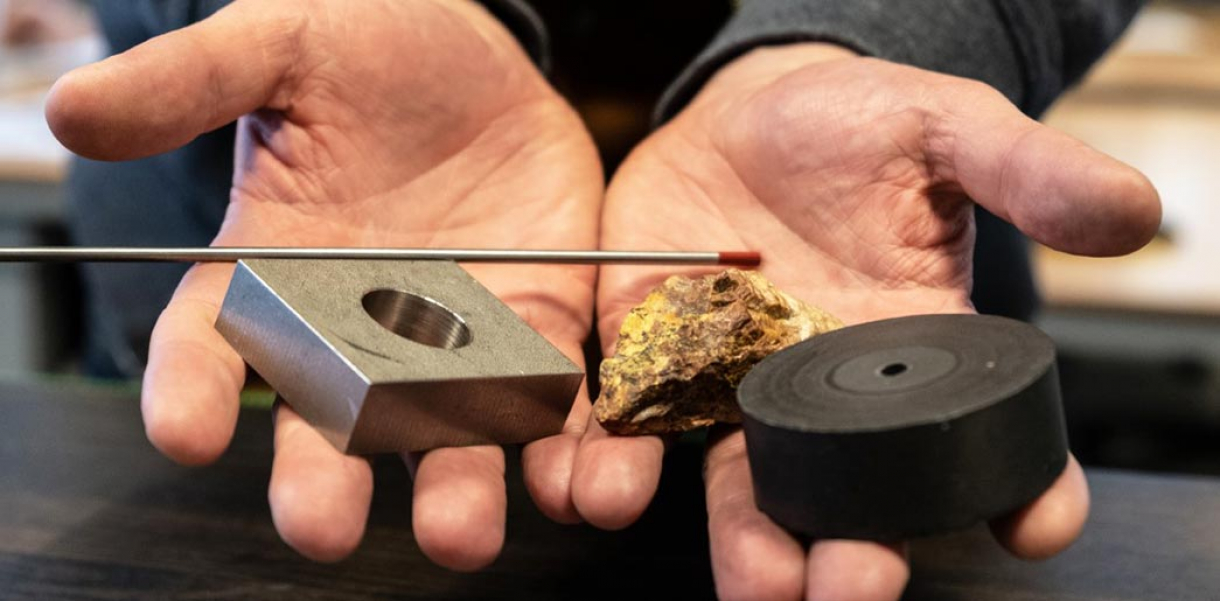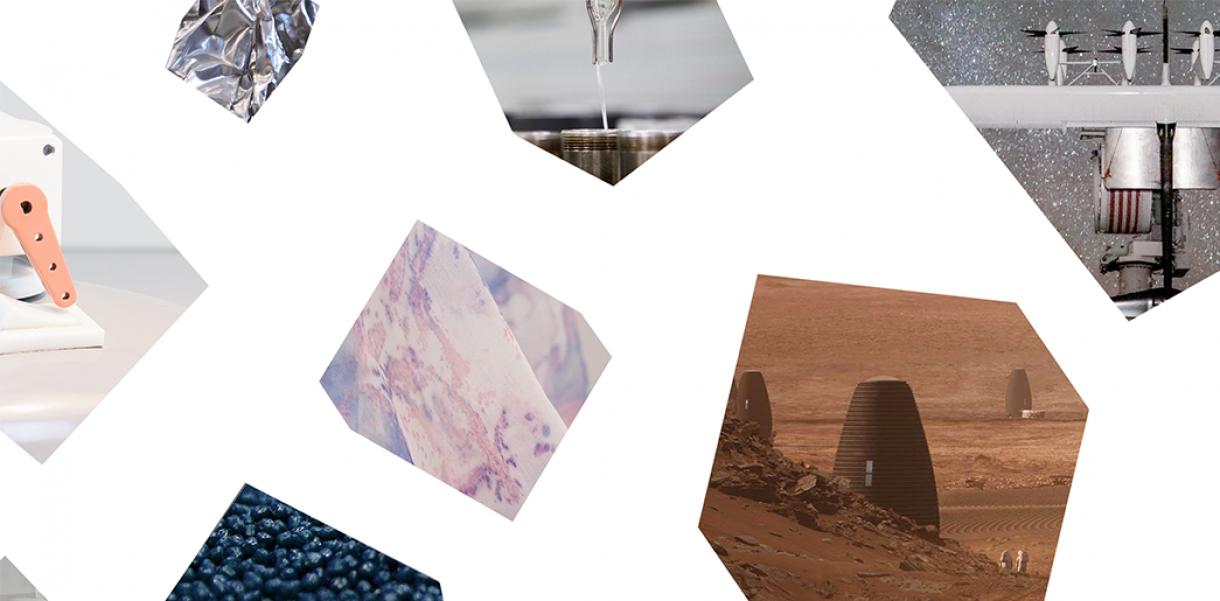Very few made it through 2020 without seeing their work-life altered. Health workers on the frontlines were gambling their own health every day; meanwhile, industries such as hospitality and agriculture were completely uprooted. Tools to improve, protect and secure our work are some of the most important solutions for sustaining a healthy and meaningful existence for humans. From 43 Diseño Responde nominees, 10 solutions proposed the most interesting solutions for improving work.
Ventilador pulmonar de terapia intensiva Covid-19
Lung ventilators and respiratory aids quickly rose in demand during the pandemic. Nations would purchase or borrow solutions cross-country, proving to be both costly and time-consuming. This Diseño Responde finalist is a lung ventilator to be manufactured locally, replacing imports and reducing costs. It was developed in three and a half months and is already in use in Mexico. Designed by Coredesign, Mexico.
Cápsula modular para hospitalización transitoria
Due to the lack of hospital beds, Chilean hospital patients have to wait three to five days on stretchers, chairs, or even the floor. This modular capsule for transitory hospitalisation is a foldable modular system that creates a micro space habitable with stretcher, oxygen, lighting and electricity installed in corridors. It can be set up and activated quickly. Designed by Universidad del Desarrollo, Chile.
Restaurants were some of the hardest-hit businesses throughout the pandemic, and they are in dire need of help for sustaining business. Padepi is a tableware set consisting of an individual tablecloth, a cutlery holder and a mask holder, which are reusable and waxed with beeswax to make them more resistant. They can be used 10-15 times. Designed by Universidad Iberoamericana, Mexico.
A massive headpiece to protect health personnel against the Covid-19 virus and guarantee safe working conditions. The transparent AeresolBox enclosure isolates the patients' heads, preventing aerosolisation from the environment, thus reducing the risk of contagion at times of high exposure, such as intubation. Designed by AerosolBox, Argentina.
This finalist provides training to low-income people so that they can integrate into the labour market. It’s aimed at people in vulnerable situations and guarantees them access to quality training tools. The mission is two-fold: Promoting labour insertion in fields of expansion such as technology and knowledge industries while breaking down the barriers of inequality. Designed by Cooperativa La Juanita y Fundación Compromiso, Argentina.
SARA (Sistema Auxiliar para Respiración Asistida)
The SARA design addresses the need to have invasive ventilators to aid Covid-19 patients and thereby the shortage of them. The design wants to combine trust, empathy and state-of-the-art technology so that both doctors and patients have faith in SARA, providing the best existing solution in this type of equipment worldwide. Designed by BEYONDIT GROUP, Mexico.
Kunan is a textile company and fashion brand that was born out of our environmental crisis. They use textiles discarded by large factories, which are then recycled through artisan weaving to produce new fabrics. Kunan wants to challenge fast fashion’s dominance and excessive production, which puts economic profits above environmental and human well-being. Designed by Universidad de los Andes, Colombia
Heating your lunch with a USB stick? Sounds like a plan! SOFÖ is a personal, transportable food container that can heat the food and keep it warm using a USB cable system. This makes it an accessible item that limits unnecessary contact in the workplace between coworkers during lunch break and is made of materials that are easy to sanitise. Designed by Universidad del Desarrollo, Chile.
Agrofill is an innovative, sustainable system for handling phytosanitary waste within the field of agriculture. Through its system of making waste containers refillable and loading them into dispensers located at the usual point of purchase for small farmers, it paves the way for environmental care, economic growth and industry equality. Designed by Universidad del Desarrollo, Chile.
The female labour force in Latin America has suffered a significant setback due to Covid-19, especially those in the childbearing age. The EPEGE fetal shield protects pregnant women facing mechanical impacts in the field of construction, providing an element of protection that gives them security and allows them to continue with their work. Designed by Universidad del Desarrollo, Chile.




